The US has it's own bees--over 4,000 different types--that have different preferred foodstuffs and different times of activity. Most of these bees are solitary bees--they don't live in hives. Some live in rotted out trees, some live underground, some prefer hollow reeds. Not living in hives eliminates the need to protect a queen--each female is her own queen. They devote their time to laying eggs, collecting pollen to feed the larvae, and creating protective cases for their eggs. Many people refer to these bees as "gentle bees" due to their reluctance to sting. A few years back, I ordered a bee house, some cardboard tubes, and some Mason Bees. It was great fun to watch them shake their fuzzy bodies inside flowers and zip back and forth to the bee house. But two years ago, we had a big die-off. I'm not sure if someone was spraying their yard or garden with pesticide (DON'T DO THAT!), or if it was the late spring cold snap, but the girls all died without laying eggs.
This spring we ordered Horn-faced Mason Bees (twice the fuzzy!) and installed them into the garden in mid-April. I was worried because it has been unseasonably cold, but the girls have been going strong.
Even if you are allergic to bees and wasps, you can have happy buzzy pollinators in your yard! I order my guys from Crown Bees--they have everything you need to get started and are super helpful if you have questions. (This is not a sponsored post!)
They are super important to most of the food that we eat. If you have been paying attention at all in the last few years, you know that a lot of honeybees are dying off--this presents a problem for all of us who eat food. It's partly pest infestation, partly pesticide exposure, partly they are running out of things to eat (monoculture is bad for bees!). It's gotten to the point where trucking hives from orchard to orchard is standard business. And while I love honey (so yum! so magical!) honeybees are not the most efficient pollinators--due to the fact that they carry pollen around in those little pollen sacs.
For further information about mason bees, check out Crown Bees.
For information about our honeybee problem, check out this Youtube video.
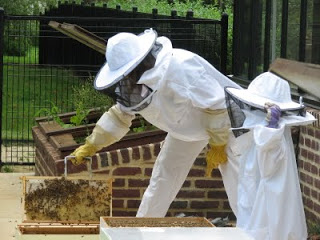
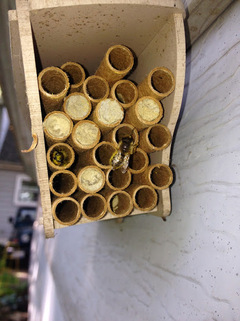
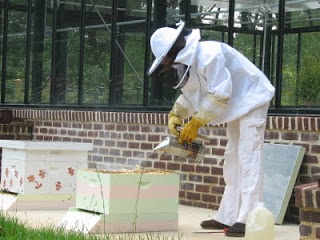
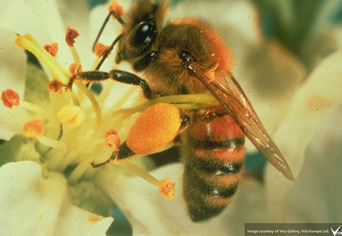
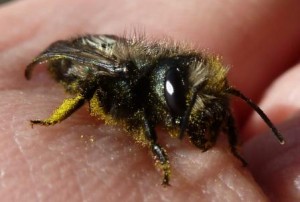
 RSS Feed
RSS Feed